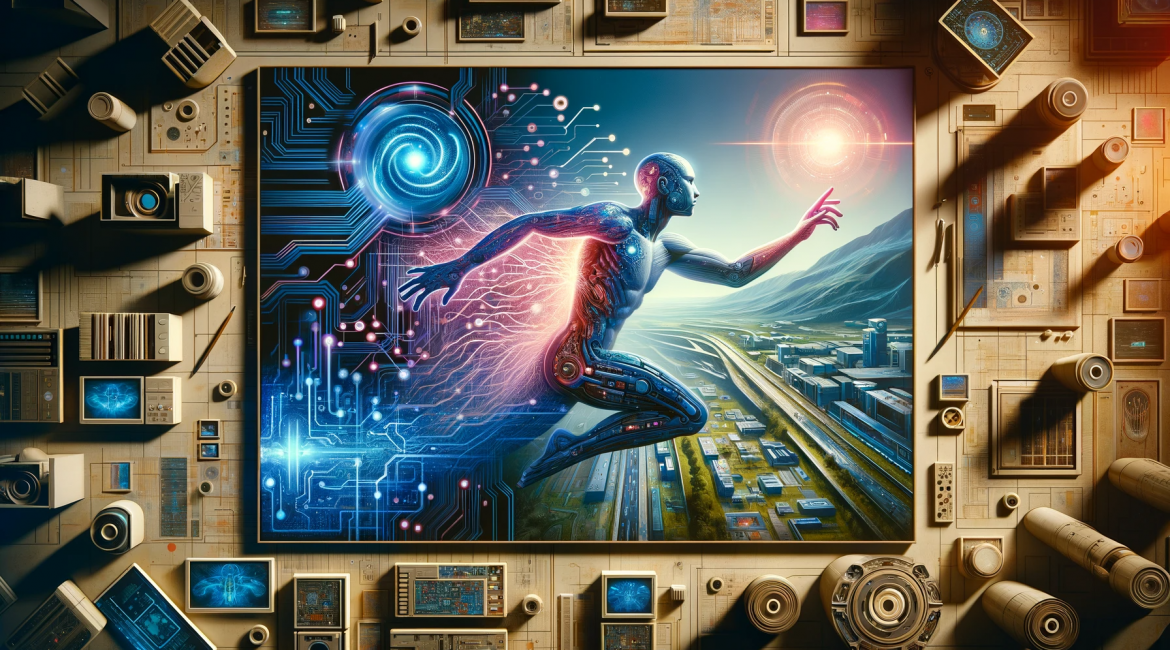The concept of whether we can build smart and perhaps even perfect systems in the digital realm while grappling with the essence of human adaptability and limitations is a thought-provoking subject. The discussion often centers around the evolving relationship between humans and technology, and how this dynamic is being redefined by advancements in AI and other digital technologies.
On one hand, there’s an optimistic view of technology as a tool for achieving greater goals, where humans use technology to extend their capabilities and reach new heights. This perspective sees technology as an enabler, a means to solve problems and create new opportunities. On the other hand, there’s a more pessimistic view that suggests technological systems have reached a point beyond our control, posing new challenges and risks that might be difficult to manage or predict. This viewpoint is concerned with the unintended consequences of technological advancements and how they might outpace our ability to adapt or regulate them effectively.
A key aspect of this discussion is the unpredictability of technology’s impact as it is adopted in new contexts. The internet, for example, was originally designed to help transmit information between computer networks but has become a crucial vehicle for commerce, introducing unexpected avenues for crime and financial fraud. Similarly, social media platforms and cryptocurrencies have evolved in ways that diverge significantly from their original intended use cases, often with complex social and political implications.
The current shift in technology development, where technology is increasingly being designed to adapt to human needs rather than the other way around, is also a crucial element of this narrative. This shift is evident in the rise of AI and machine learning, where technologies like virtual personal assistants and chatbots are becoming more human-like in their communication, adapting to user preferences and habits over time. This trend towards more intuitive and personalized technologies reflects a changing landscape where the focus is on making technology more accessible and user-friendly.
However, as technology continues to evolve and integrate into our daily lives, the challenges of governing and regulating these technologies become more pronounced. Different nations have adopted various approaches to this governance, reflecting their priorities and legal philosophies. For instance, the European Union’s General Data Protection Regulation focuses on data privacy and protection against future technological developments, while the United States relies more on litigation and liability regimes to address technological failings.
In conclusion, the question of whether we can build perfect digital systems that align with human adaptability and limitations is complex and multifaceted. It requires a careful balance of leveraging technological advancements for positive outcomes while being mindful of the risks and challenges they pose, especially in the context of human adaptability and control. This ongoing dialogue involves technologists, policymakers, and the wider society as we navigate the rapidly changing technological landscape.




